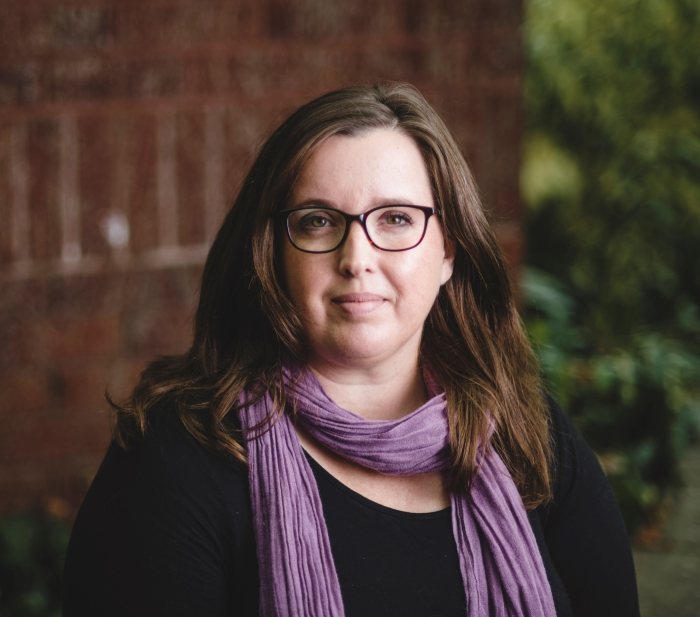‘My whole world had become reliant on whether I won or lost, when in reality I was losing everything.’
Those were the words of Kieren Smith who spoke movingly of his lived experience of gambling at the latest WY HCP’s Suicide Prevention Advisory Network (SPAN) meeting.
He was among a series of guest speakers who featured on the agenda at the September SPAN meeting, which looked at gambling and suicide, the Gypsy and Traveller community and suicide risks in unpaid carers.
In his talk, Kieren shared how his gambling addiction began at the age of eight on the seaside arcades and escalated into self-harming, relationship breakdown, homelessness and a suicide attempt in 2018.
He said: “I was in an utter mess. I was consumed by gambling. I was consumed by the losses. I was consumed by the need to chase those losses. And even when I would win, it would never be enough.
“Slowly but surely my whole world was falling apart around me and I was the one causing it. I’ve likened it before to – I know it sounds crazy – having drawing pins in your trainers and still wanting to go out running in them. You know that you are going to cause utter pain and heartache for you and the people around you but you still go and do it. It’s an awful place to be.”
Kieren was appearing at SPAN alongside George Richardson, engagement lead for Leeds Community Gambling Service, run by GamCare, who spoke about the relationship between gambling and suicide and shared statistics including a 2019 study which found 37% of men aged 16-24, and 14.5% of women (also 16-24) who attempted suicide were problem gamblers.
Leeds Gypsy and Traveller Exchange, who carry out suicide prevention work across West Yorkshire in a project funded by WY HCP, also gave a talk about suicide and inclusion within the Gypsy and Traveller community. 
Bernard Cunningham, pictured right, a mental health and suicide prevention worker at Leeds GATE, talked about his own experiences, encountering racism and its impact on his mental health and self-esteem and the need to break the “big stigma” that exists within the community around mental health.
Speaking of his role, he said: “To be able to open up and say ‘it’s ok to not be ok, its ok to speak about what you’re going through’ and to be able to have those conversations especially with other men. It takes a lot of bravery within the community.
“To be able to say, ‘listen, just because you’re suffering there’s no shame in it’. And by turning that on its head and seeing it no longer as a weakness but as a strength, for me it took a lot of courage but it helped me find my own strength and being able to share that story.”
He and colleagues, Rachel Cooper, director of development and Thomas Gaffney, services manager, shared slides which included the eye-opening statistics that gypsies and travellers are six times more likely than the general population to die by suicide and people within the community experience multiple bereavements by suicide – two to five family members on average.
Dr Siobhan O’Dwyer, pictured below right, was the final speaker on the day, who gave an overview of her research into the risk of suicide and homicide suicide in unpaid carers. 
Some of her key findings included estimates of suicidal ideation being as high as 71 per cent among unpaid carers and some studies reporting one in six carers saying they are likely to attempt suicide, with one in ten having attempted already.
She said: “Those are really staggering numbers and they are up there with other really high risk groups.”
Dr O’Dwyer also cited emerging evidence which shows that for some carers, thoughts of suicide were also accompanied by thoughts of homicide, towards the person they are caring for.
She said: “Unfortunately there hasn’t been enough research yet to be able to provide a percentage or any numbers around how many carers have had these thoughts.
“There is also currently no systematically-collected evidence to indicate how many carers have died by suicide or homicide-suicide.
“But from my perspective we shouldn’t be waiting for deaths by suicide to act. I think the high rates of suicidal thoughts and the anecdotal evidence on deaths provides sufficient imperative for urgent action in policy and practice.”
*SPAN meetings are optional, virtual, learning forums which feature guest speakers, with the aim of sparking more action on suicide prevention. The next SPAN meeting is on November 29th at 9.30am, agenda currently to be confirmed. Anyone interested in joining the SPAN network – to receive invites to future meetings and a monthly newsletter - can email Joanna.wardill@nhs.net.
Resources from the September SPAN speakers:
GamCare
Webinar: https://youtu.be/invPBzWeQrE
Kieren’s YouTube channel: Second Chance: Addiction
Leeds GATE
Webinar: https://youtu.be/CGsOcEkdZQU
YouTube video shared in SPAN: Roads from the Past - short film - Travellers' Times Online
Dr Siobhan O’Dwyer
Webinar: https://youtu.be/DQlTgKPje_g
Review paper: Suicidality in family caregivers of people with long-term illnesses and disabilities: A scoping review
Policy briefing: Unpaid carers at risk of suicide and homicide-suicide
